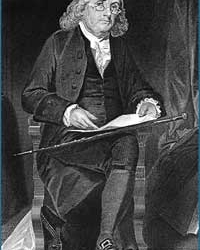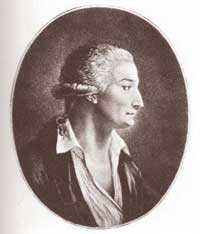During the Qing Dynasty in China, women had very few opportunities to leave their homes, let alone travel abroad.
Few know that during the Qing Dynasty, there was a woman who traveled the world, despite the feudalist ideologies that restrained women’s movements at the time. She was also the first to introduce Greek mythology to China and to utilize the Western calendar.
She is Shan Shi Li, “the most modern mother-in-law” of the Qing Dynasty.
In that era, Shan Shi Li was able to travel to Japan and Europe, write numerous travel diaries, and even take her daughter-in-law along, which was indeed no easy feat.
Looking at this mother-in-law and daughter-in-law duo, many lament: When the vision is broad enough, how can there be time to create conflict between mother-in-law and daughter-in-law?
Late Marriage
During the reign of Emperor Xianfeng, Shan Shi Li was born into an intellectual family. While girls her age read “Nüzi” (lessons on womanly virtues), she preferred to read “Romance of the Three Kingdoms.”
At the age of 10, she enjoyed exploring stories about talented women.
However, during the Qing Dynasty, women’s educational talents were rarely valued; the prevailing view was that girls should marry when they came of age and not harbor lofty literary dreams. Yet, Shan Shi Li was determined to create her own works.
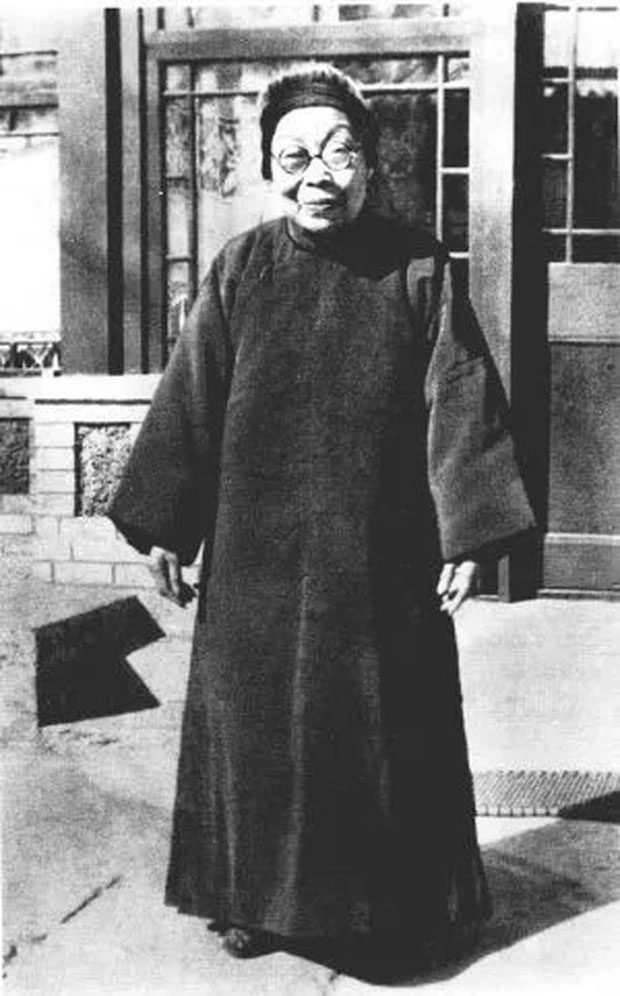
Shan Shi Li.
Shan Shi Li married at the age of 29 to Qian Jun, a diplomat in the late Qing Dynasty. You must understand that during the Qing Dynasty, marrying at this age was indeed considered very late. This illustrates the immense pressure she must have faced.
Qian Jun had travel experience in England, France, Belgium, and other countries. After returning to China, he assisted the government in foreign affairs. Therefore, he had an exceptionally open mindset and did not adhere to the ideology of “favoring sons over daughters.” He was a pioneer in establishing study abroad programs in Japan, which ultimately allowed figures like Lu Xun to leave their homeland.
Qian Jun often shared his experiences in Europe with Shan Shi Li. It was then that she realized foreign women, thousands of miles away, had a free-spirited, innocent, and confident demeanor, unlike the women around her.
Thus, she wished to travel abroad to broaden her horizons.
This idea caused a stir in her family. Fortunately, her husband supported her and took her along on a business trip to Japan.
At that time, Shan Shi Li accompanied her husband to Japan as the wife of a diplomatic ambassador and later traveled to several European countries, opening the door to a new world. She became one of the first Chinese women to explore the outside world.
Traveling the World
During her time in Japan, Shan Shi Li visited many scenic spots and wrote numerous poems and essays documenting the customs and culture of the country.
One day in Osaka, she took her daughter-in-law out in the rain to attend an exhibition. At that time, traditional Chinese housewives rarely went out and almost never left home, let alone braved the rain to squeeze into crowded places. Thus, her daughter-in-law felt quite uncomfortable.
Seeing her daughter-in-law’s expression, Shan Shi Li comforted her: “Today’s trip is to broaden our knowledge. Even if we are out in the rain, it is not impolite.”
In this way, they became pioneers in taking Chinese women to world exhibitions.
She once wrote a poem titled “Listening to Children Sing in the Car”:
“The sound of nature is pure and free; children can also hear these clear sounds. Why do Chinese children face such difficulties? They bury themselves in reading ancient poetry behind closed windows” (translated).
She was filled with emotion about the educational differences between China and Japan.
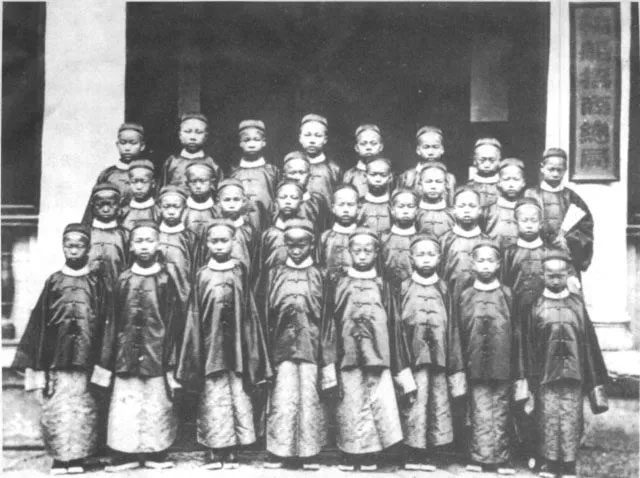
Children selected by the Qing court to study abroad in the United States.
After leaving Tokyo, Japan, the couple set off for Russia, preparing to continue their journey around the world. After more than a month, they arrived in Vladivostok. Shan Shi Li described this place in her travel notes:
“The solitary island and the towering lighthouse,” both beautiful and intimate.
Stopping by Lake Baikal, the story of a shepherd she had read in books came to her mind. She also traveled through the Selenge River flowing through Mongolia, central, and eastern Russia.
She visited Germany, France, England, Italy, Belgium, and other countries, as well as the ancient capitals of Egypt and Greece. She was most impressed by St. Peter’s Basilica located in Vatican City.
At that time, Shan Shi Li had entered old age, with grandchildren playing around her, yet she remained curious about the world, often taking her grandchildren outside the church to listen to the choir sing.
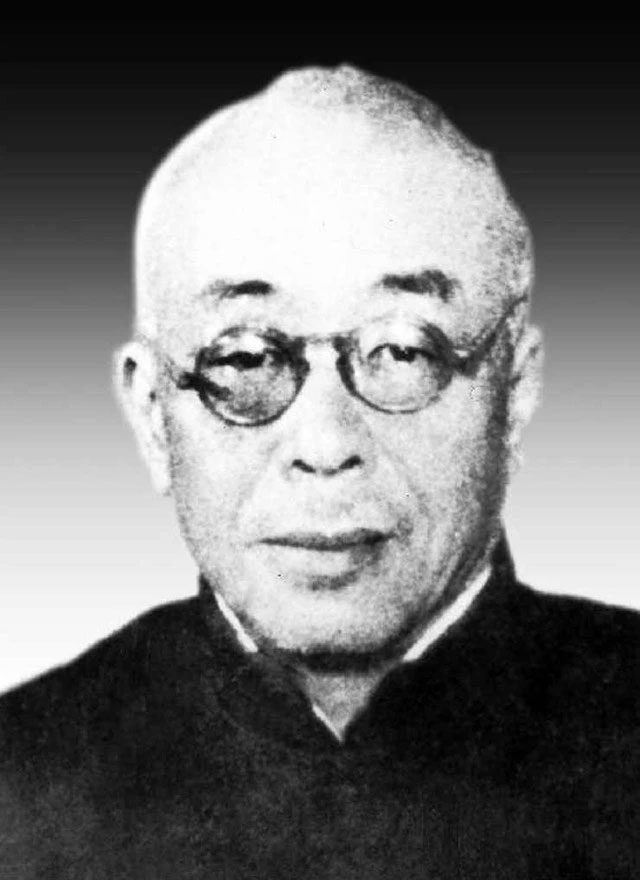
Qian Dao Zun, Shan Shi Li’s son, was a Chinese writer and interpreter, and a close friend of the famous writer Lu Xun.
Shan Shi Li was a talented woman with exceptionally strong language skills. She quickly became proficient in the languages of the places she visited, encountering almost no language barriers throughout her travels.
After arriving in Japan, she quickly self-taught Japanese and became an interpreter for her husband. From Russia to Spain to Italy, she learned Latin and Ancient Greek.
At the same time, she also encouraged her daughter-in-law to study abroad, which caused a considerable stir at the end of the Qing Dynasty. However, she was largely indifferent; she perceived the world with her own feet, her vision far exceeding that of the Qing Dynasty.
After her travels around the world, she wrote the travelogue “Gui Qian Ji”, introducing Greek mythology and Tolstoy to China.
Enlightening Women
Upon returning to China, Shan Shi Li began to focus on writing books, documenting everything she saw and heard, pioneering the writing of travel diaries for Chinese women abroad.
“Gui Mao Travel Diaries” was officially published in 1903 and was divided into three volumes. The first volume describes Shan Shi Li’s experiences in Tokyo and Osaka, Japan, while the middle and second volumes recount what she witnessed in Vladivostok, Siberia, Petersburg, and other places.
“Gui Qian Ji” chronicles the experiences of Shan Shi Li and her husband in England, France, Germany, the Netherlands, Italy, and other locales. Among them are two articles that systematically classify the gods of ancient Greece and Rome.
In addition to documenting her travels, she also wrote works reflecting her thoughts and feelings regarding foreign educational concepts.
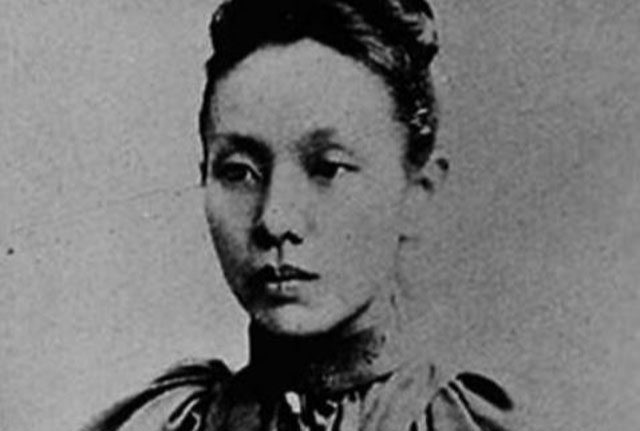
“Gui Qian Ji” chronicles the experiences of Shan Shi Li and her husband in England, France, Germany, the Netherlands, Italy…
After more than 10 years of travel, Shan Shi Li returned to China and wondered, besides writing books, what else could she do for the people?
She decided to start with women.
During her years in Japan, she made many friends, some working in Tokyo schools, some as principals of girls’ schools… They all had independent careers, high social status, and received a relatively systematic new education. Their ideological views subtly influenced Shan Shi Li’s actions and thoughts.
It was then that she realized that women could indeed advocate for their rights and hold significant positions in society.
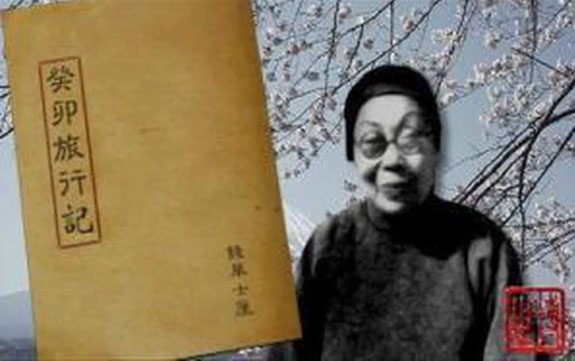
The work “Gui Mao Travel Diaries” by Shan Shi Li.
Thus, in her later years, Shan Shi Li began advocating for women’s rights. She emphasized in her theories that mothers are the first teachers of their children, and thus, women’s education directly determines the future of the nation.
Additionally, she was the first at the end of the Qing Dynasty to use the solar calendar and promote a calendar that met international standards.
This woman, ahead of her time, lived to be 81 years old.
Shan Shi Li devoted her life to reading thousands of books and exploring many places, bringing back what she saw, heard, and felt to China, spreading her progressive ideas to women.
This modern woman never paid attention to trivial family matters, yet around her were her children and grandchildren, a harmonious family, with a daughter-in-law who studied abroad, passing on advanced concepts to every family member.
Throughout history, there have always been many women with progressive natures. Even though the times forced them to bind their feet and care for their husbands and children behind closed doors, they still yearned to step outside, explore the world, and learn new things.
Although they were merely a minority in their era, they were the ones steering the future.








































